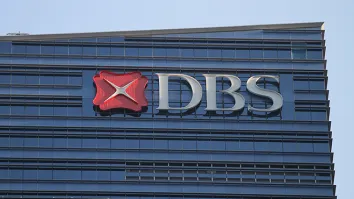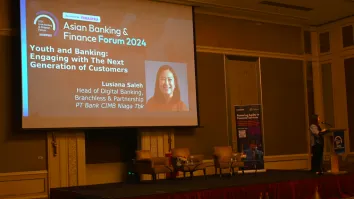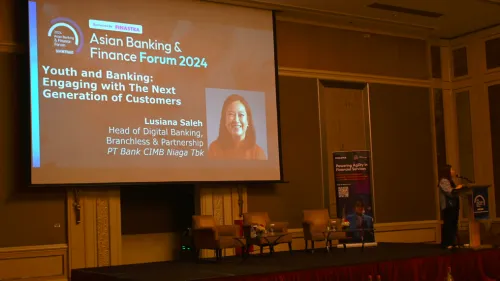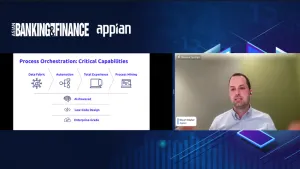
Malaysian banks predicted to stay stable in the next 12-18 months: Moody's
Thanks to strong capital.
Moody's Investors Service says that the outlook for the Malaysian banking system is stable over the next 12-18 months.
According to a release from Moody's Investors Service, it has maintained a stable outlook on this system since May 2013.
"The key drivers of our stable outlook on the Malaysian banking system are the banks' strong capital and stable funding levels, and our expectation of a continued high degree of government support," says Simon Chen, a Moody's Vice President and Senior Analyst.
"These positive factors offset a moderate deterioration in the banks' operating environment and profitability profiles," adds Chen.
Chen was speaking on the release of Moody's "Banking System Outlook Malaysia".
Here's more from Moody's Investors Service:
The report expresses Moody's expectation of how bank creditworthiness will evolve in Malaysia's banking system over the next 12-18 months, and looks at the system in terms of five factors: Operating environment (which is classified as "deteriorating"); asset quality and capital ("stable"); funding and liquidity ("stable"); profitability and efficiency ("deteriorating"); and systemic support ("stable").
On the banks' operating environment, Moody's report says that systemwide credit growth should register 8%-9% in 2015, down from 10% in 2014; on the back of slower GDP growth in Malaysia (A3 positive) of 4.8% from 6.0% in the same periods.
Slower economic growth is expected to result from lower global oil prices and decreased government spending, given that oil- and gas-related industries generated almost a-third (30%) of government revenues in 2014.
Moody's report points out that while the government has reduced expenditures and expanded revenue sources — for example, by removing fuel subsidies in December 2014 and introducing a goods and services tax (GST) in April 2015 — such moves will help stabilize the country's fiscal position without arresting a decline in growth, which negatively affects the operating environment for banks.
For example, private consumption growth will weaken in the coming quarters, due to GST implementation and elevated household leverage. Such a situation will weigh on headline economic expansion.
Despite the challenging operating environment, asset quality should remain broadly stable over the next 12-18 months. Nevertheless, high household debt levels pose risks if unemployment rises, property prices fall, or interest rates rise.
Corporate loan quality will be supported by low debt levels at Malaysian firms. As for exporters, they have been benefitting from the ringgit's 12% depreciation against the US dollar over the past two quarters.
On Malaysia's high levels of household debt, Moody's report says while this situation poses risks for the 57% of total bank loans that are extended to households, Moody's expects stability in Malaysia's low unemployment rates to partially offset the risk of higher household loan delinquency rates.
As for capital levels, Moody's report says that bank capital levels are strong and can absorb the losses Moody's estimates would occur in stress-test scenarios.
However, profitability will deteriorate over the next 12-18 months, given that credit costs will normalize from historically low levels. In addition, margins will fall because of the stronger competition for time deposits and high quality liquid assets, which is in turn due to the introduction of new Liquidity Coverage Ratio (LCR) requirements starting in June 2015.
On Malaysia's capacity to provide support to banks in times of stress, Moody's report says that such a capacity is strong, as the government's fiscal reforms have bolstered resilience to cyclical commodity price shocks.
Moody's report points out that recent regulatory reforms have not suggested any shift in government policy on the resolution of ailing banks, outside of liquidation.
Moody's rates a total of 11 banks in Malaysia: eight are conventional commercial banks, one is an investment bank, one is an Islamic bank, and one is a government-owned development financial institution. The rated banks accounted for 75% of Malaysian banking-system assets at end-2014.
















 Advertise
Advertise






